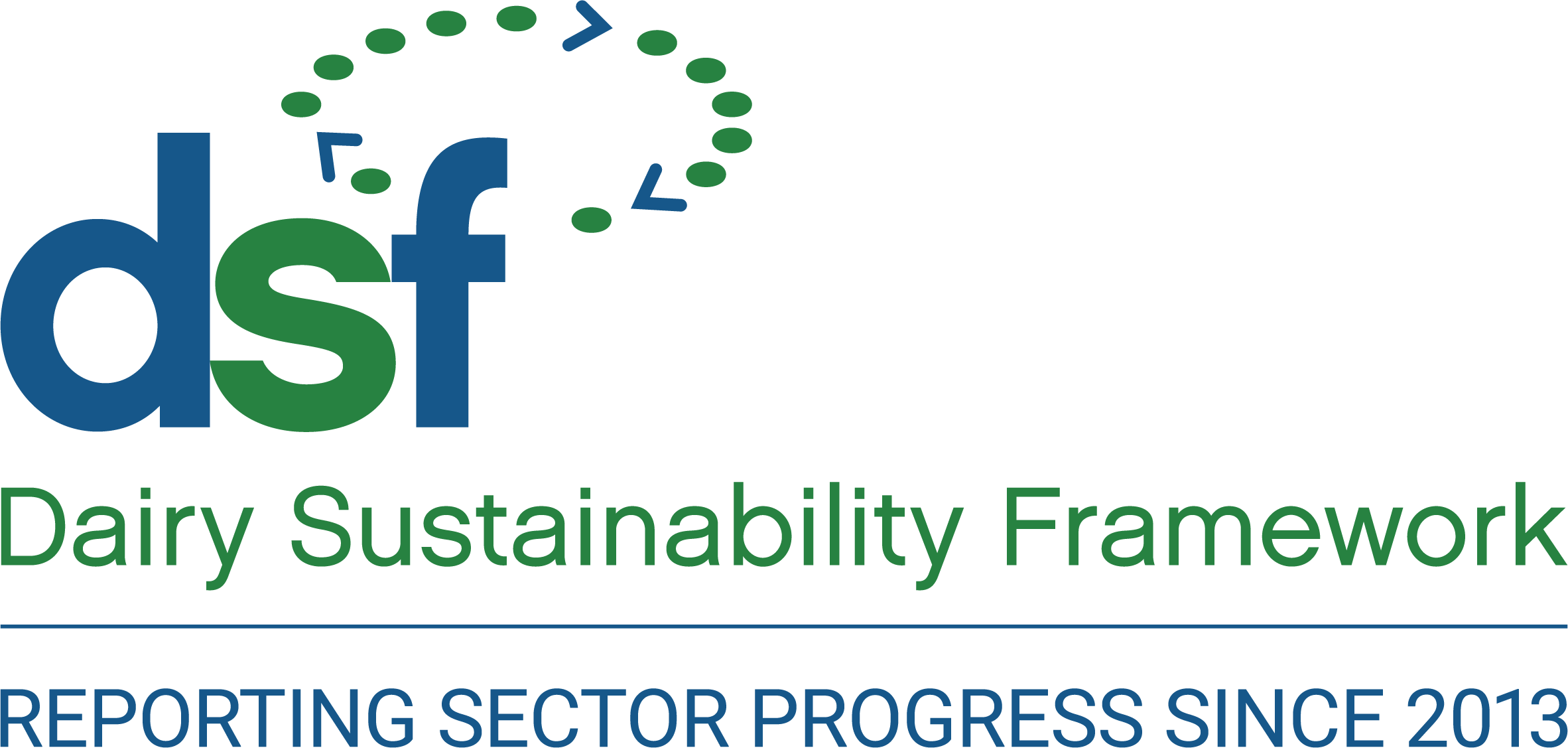GDP and GRA Share New Research at World’s Largest Climate Summit
Global Dairy Platform (GDP) and the Global Research Alliance on Agricultural Greenhouse Gases (GRA) today reported on new research underway that examines how dairy cattle health improvement can positively impact greenhouse gas (GHG) emissions. An update on this study was provided at a side event during the United Nations Climate Change Conference (Cop 25) in Madrid. A video of the proceedings can be viewed here.
This new research is a follow-up to a report, “Climate Change and the Global Dairy Cattle Sector,” published earlier this year by the Food and Agriculture Organization and GDP, that identified improved cattle health as a key action to reduce GHG’s. The report highlighted that endemic cattle diseases have a negative effect on cattle production and productivity, and consequently, on GHG emissions intensity. This typically stems from increased mortality, reduced milk production, increased waste from treated milk that is discarded and lower reproductive performance.
Currently being conducted in Chile, Kenya and the United Kingdom, this new study explores:
- The effect of proactive animal health management (using Animal Health Improvement Measures (AHIM)) on GHG emissions
- The economic impact that making these improvements has on farmers
- How AHIM could be included in nationally determined contributions (NDCs)*
In addition, the study focuses on three specific health and productivity challenges, including reproductive performance (fertility), single agent infectious disease (BVDv) and multifactorial or management disease (mastitis). Lastly, the impact of targeted intervention measures is being analyzed from both an economic and GHG perspective.
The study is being jointly funded by GDP and the New Zealand Ministry for Primary Industries in support of GRA. For more information, please contact Brian Lindsay, GDP’s Sector Lead for Sustainability: Brian.Lindsay@DairySustainabilityFramework.org
*The Paris Agreement requests each country to outline and communicate their post-2020 climate actions, known as their NDCs.
